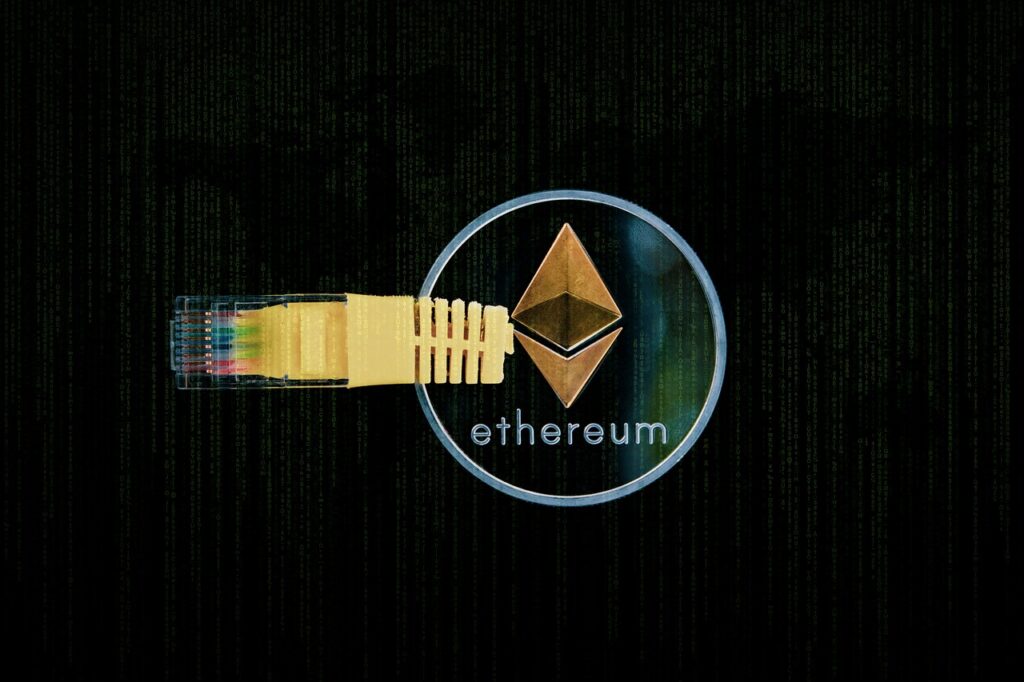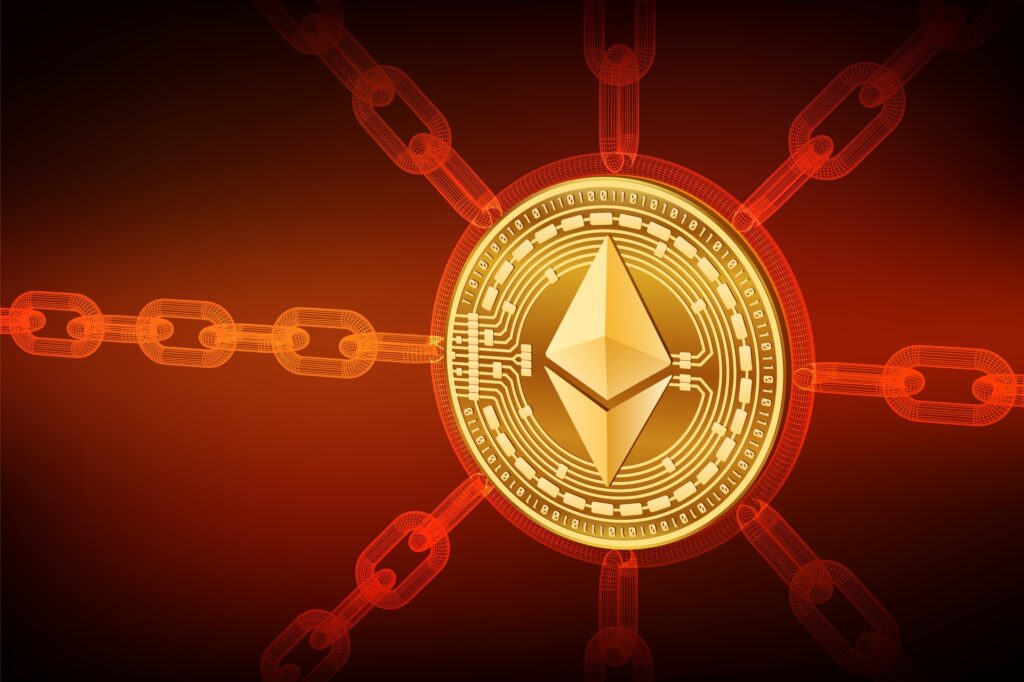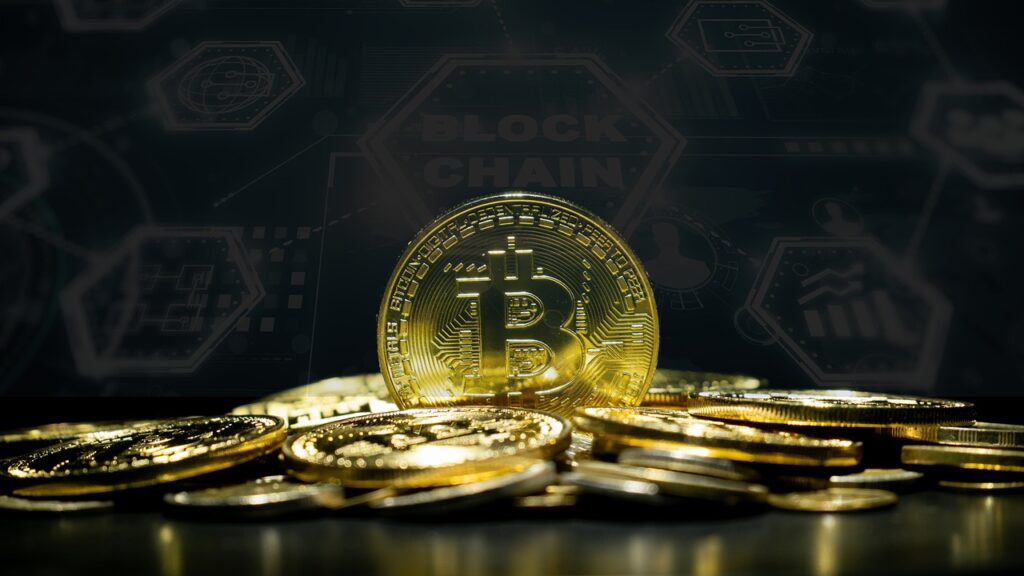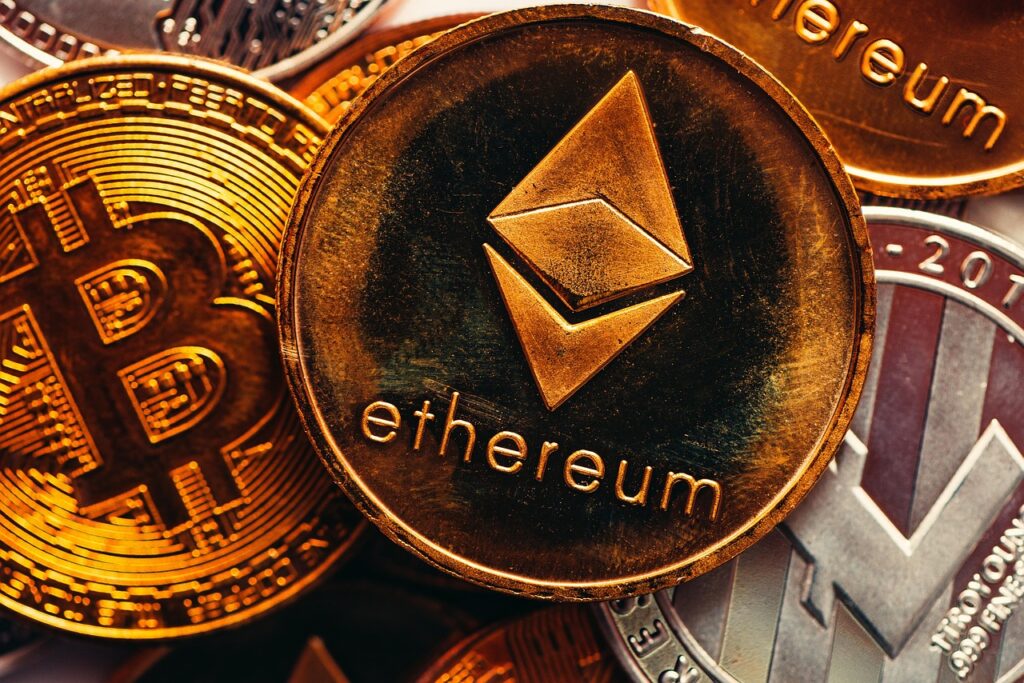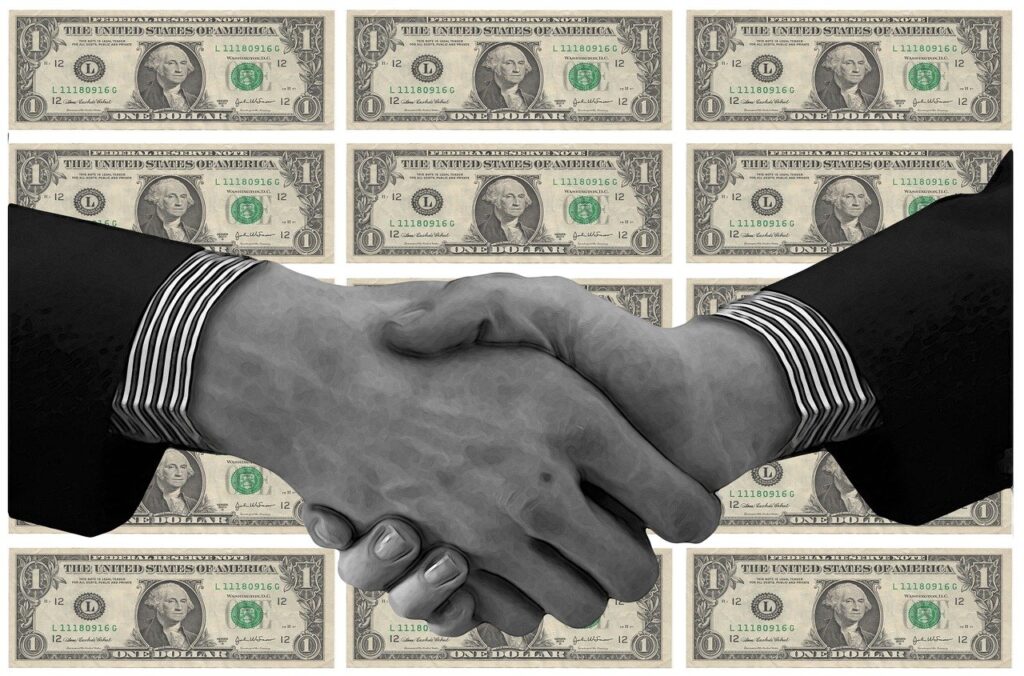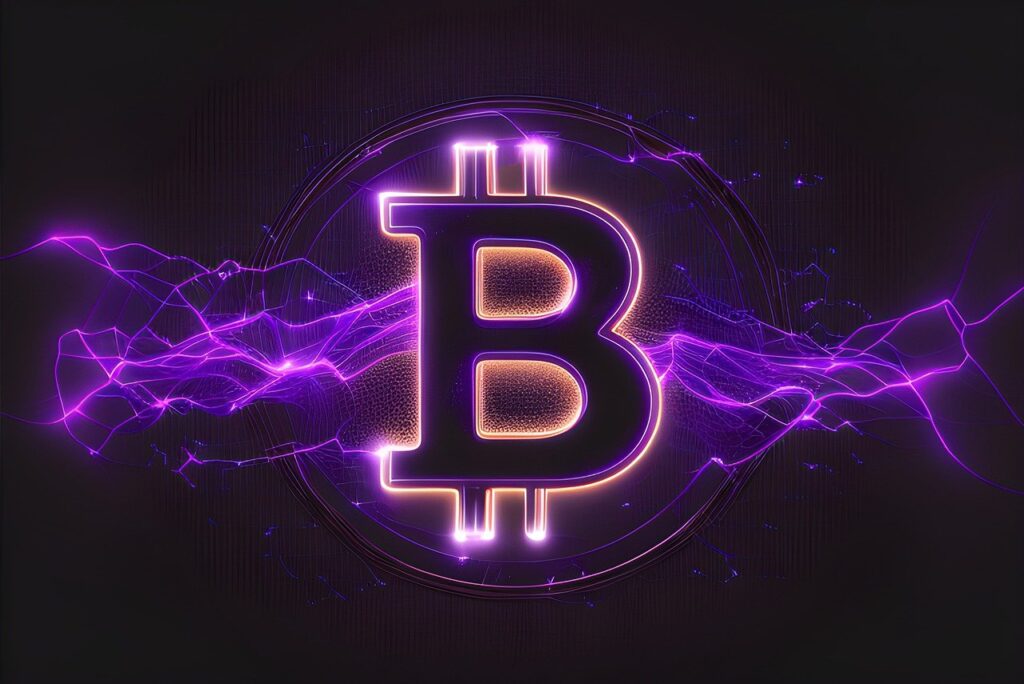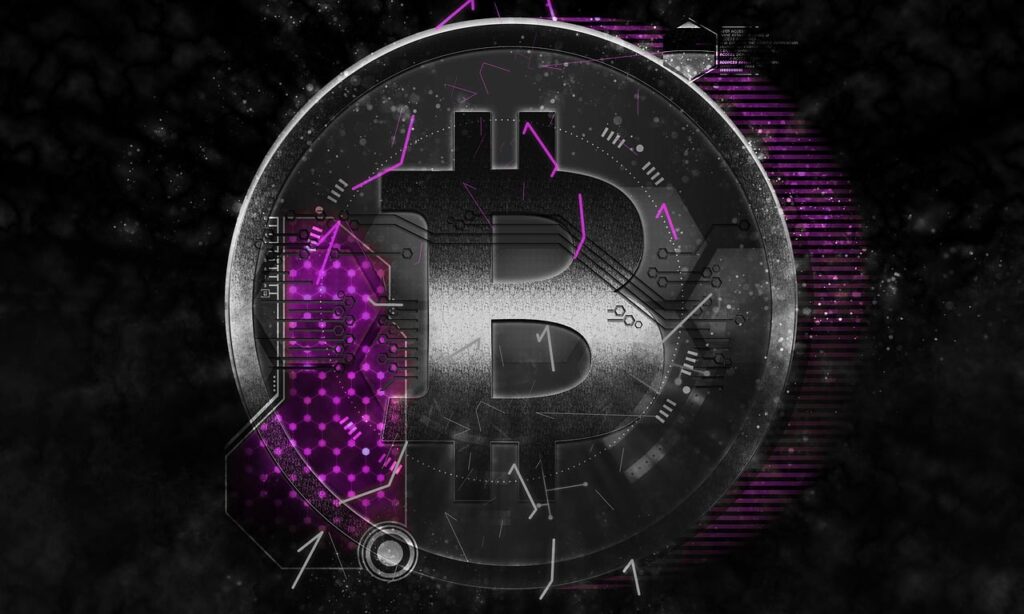DAOs, also known as Decentralized Autonomous Organisations (DAOs), have been hailed as a revolutionary technological breakthrough in blockchain technology. providing a fresh way for communities can self-administer themselves with no central authority. But the legal framework concerning DAOs is not clear, which poses problems for regulators in terms of compliance, liability and management. This article outlines the legal obstacles DAOs have to overcome and possible ways to create a precise and efficient legal system.
Table of Contents
- 1 Understanding Decentralized Autonomous Organizations
- 2 Challenges in Developing a Legal Framework for DAOs
- 3 1. Lack of Legal Recognition
- 4 2. Liability and Governance Issues
- 5 3. Taxation Uncertainty
- 6 4. Smart Contract Legal Enforceability
- 7 5. Conformity to Financial Regulations
- 8 Potential Solutions for a Legal Framework
- 9 1. Legal Entity Formation for DAOs
- 10 2. Establishing Clear DAO Governance Models
- 11 3. Developing Global Regulatory Standards
- 12 4. Smart Contract Legal Recognition
- 13 5. Regulatory Sandboxes for DAOs
- 14 The Future of DAOs and Legal Compliance
Understanding Decentralized Autonomous Organizations
Decentralized autonomous organisations (DAOs) are blockchain-powered entities that operate on smart contracts. Contrary to conventional corporations, DAOs operate under the guidance of code and community votes rather than central leadership. Members are able to contribute money, make changes, and make decisions, which makes DAOs a unique model of democratic governance that is decentralized.
Although they have potential, DAOs have a significant amount of legal ambiguity. Regulators and governments struggle to establish their legal standing, which creates challenges in fields including taxes, liability, as well as the enforcement of contracts.
Challenges in Developing a Legal Framework for DAOs
1. Lack of Legal Recognition
A lot of jurisdictions don’t acknowledge DAOs to be legal persons, which leaves them in an unclear zone. With no official recognition, DAOs have to contend with the law, making it challenging to sign agreements, possess property, or sue and be accused of being sued.
2. Liability and Governance Issues
Traditional companies have corporate structures, such as LLCs or corporations are used to protect liability for members. But DAOs do not have a specific legal structure, and thus expose members to possible legal pitfalls. In certain instances, regulatory authorities might hold DAO participants responsible for their DAO’s conduct.
3. Taxation Uncertainty
There are no specific tax rules regarding DAOs. Do they have to be taxed as partnerships, corporations or a different type of entity? Their decentralized nature makes tax compliance more difficult, since they are often operating globally, with no fixed location.
4. Smart Contract Legal Enforceability
DAOs use smart contracts to make decisions, but the conventional legal systems don’t often recognize them as legally binding contracts. In the absence of clear recognition by law Smart contracts might not be accepted before a judge, causing problems to the resolution of disputes.
5. Conformity to Financial Regulations
Numerous DAOs control large financial assets that raise questions regarding the anti-money laundering (AML) as well as the know Your Customer (KYC) compliance. In the absence of oversight from regulators DAOs may be victims of fraud, money laundering, or illegal activities.
Potential Solutions for a Legal Framework
1. Legal Entity Formation for DAOs
One solution proposed is that it allows DAOs to become legal entities like Limited Liability Companies (LLCs) or legal entities that specifically cater to DAOs. A few U.S. states, such as Wyoming, have passed DAO LLC laws, providing an identity legal framework while maintaining the principle of decentralization.
2. Establishing Clear DAO Governance Models
In order to reduce liability, DAOs have the ability to establish well-defined rules of governance, such as multi-signature wallets, as well as process of decision-making that is decentralized. It ensures that no one individual is in control, while making it easier for individuals to manage their legal risk.
3. Developing Global Regulatory Standards
Because DAOs work across a variety of areas, international cooperation is vital for the clarity of regulation. A uniform set of rules for taxation as well as liability and contract enforceability, can help provide uniformity as well as reduce uncertainty in the law.
4. Smart Contract Legal Recognition
The government should consider recognizing the smart contract as legal. The DAOs could then take part in legally valid transactions, which would reduce disputes while building confidence in the system.
5. Regulatory Sandboxes for DAOs
A few jurisdictions have instituted “regulatory sandboxes,” allowing DAOs to function under more relaxed laws while lawmakers examine their effects. This method provides a trial place for lawmakers to create a law that is fair and efficient.
The Future of DAOs and Legal Compliance
As autonomous decentralized organizations are evolving and growing, the requirement for an effective and flexible legal structure becomes increasingly important. Even though there is still a lot to be done about regulatory reform, proactive efforts and new governance structures can help decentralized autonomous organizations be legally efficient and operate effectively.
Through addressing issues with tax liability and the enforceability of smart contracts, DAOs can gain broader acceptance and realize their potential to transform sectors. Developers, governments, as well as legal professionals need to work together in creating a legal framework that allows the need for innovation and compliance to ensure an enviable future for decentralized administration.


